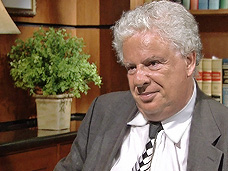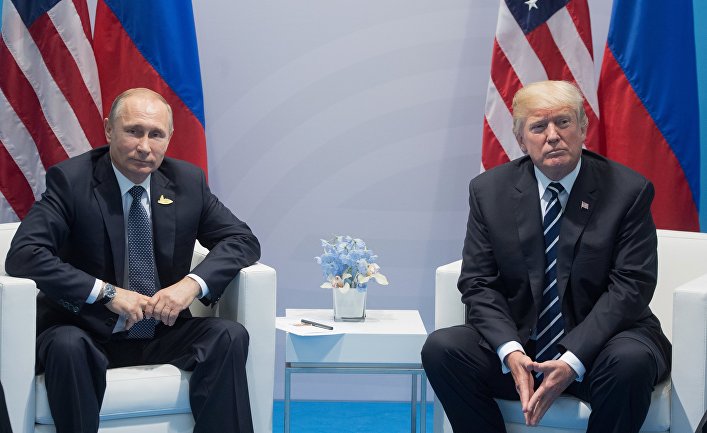
Martin Sieff
Martin Sieff is a Senior Fellow of the American University in Moscow and former Managing Editor, International Affairs at United Press International. He is the author of Cycles of Change: The Three Great Cycles of American History and the Coming Crises That Will Lead to the Fourth (2015) available from www.martinsieff.com
Although the move is being painted in the US media as reckless, meaningless and dangerous, Putin is making a rational calculation. And once again he has caught Obama administration policymakers and Israeli Prime Minister Binyamin Netanyahu by surprise.
First, Putin is moving decisively to rescue the last Russian foothold in the Middle East and on the Mediterranean.
Russia is a country deeply concerned with maintaining the status quo and preserving its increasingly challenged position in the world. That is a far cry from the revolutionary communist ideology of the Khrushchev and Brezhnev eras that fantasised with perfect faith about toppling every Sunni Arab monarchy and emirate from the Atlantic to the Indian oceans.
Putin has every reason to be concerned about stopping the Islamic State (ISIS) in its tracks. Russians fear a triumphant ISIS in Syria and Iraq would re-radicalise Chechens and other Muslim nationalities in Russia and set off a new wave of terror.
The fact that Putin made his decision in early September is significant, too. At the beginning of September Russians remember and grieve the 186 children killed by Chechen terrorists who had held them hostage during three days of terror at Beslan school in the Caucasus from September 1st to September 4th, 2004.
Putin has consistently worked to re-establish the standing and prestige of the Orthodox Christian Church in Russia. Traditionally, until the 1917 Bolshevik revolution, Russia took its role as the defender of Christians — especially Orthodox ones — across the Middle East very highly. Russia fought the 1853-56 Crimean War against Protestant England and Catholic France precisely over the issue of which Christian power should have the dominant role in protecting holy sites and Christians in the old caliphate of the Ottoman empire.
Syria was about 10% Christian 20 years ago; now its historic Christian communities, among the oldest in the world, are virtually extinct. Much as secular Westerners may sneer, the motive of protecting and restoring what is left is also a factor in Moscow’s calculations.
Most of all, Syria represents Russia’s last foothold in the region and on the Mediterranean shore. And the Assad dynasty has been a loyal ally of both the Soviet Union and modern Russia. Russian policymakers feel a comparative loyalty to Damascus as the United States has felt for so many years to Tel Aviv.
The United States’ still-ascendant neo-cons and neo-liberal hawks led by Susan Rice, Samantha Powers and Victoria Nuland remain committed to their 21st-century crusade of spreading secular democracy, peace and freedom Washington-style across the Middle East by fire, sword and drone — heedless of the tens of thousands of innocent civilians who get in the way of US friendly fire.
The neo-liberals, like the neo-cons before them, continue to grind up every pre-existing, previously stable government that stands in their way. The pattern of Iraq, Yemen, Egypt and Libya looked set to be repeated in Syria. Then Putin stepped in.
There is one more motive for Putin’s intervention: It is retaliation for the continued, enormously dangerous US game of arming and training Ukraine troops and feeding the fires of anti-Russian prejudice both in Ukraine and in the United States.
Putin’s move to support Syrian President Bashar Assad is a strong signal to Washington that Russia is perfectly capable of striking back.
Initial reports suggest Putin’s decision to send aid and military advisers to Syria have prompted Washington to show it is prepared to cooperate with Russia over crafting a compromise political solution for Syria.
The US government had shown it was prepared to outrage and ignore Russia by installing its favourites next door to Moscow in Ukraine. Putin is determined not to let them get away with it again in the Middle East.
From the Kremlin’s perspective the risks of intervening in Syria are far outweighed by the opportunities and by the danger Russia believes it can prevent through its intervention.
One thing above all is clear. The Russians are back: They aren’t going away soon.



_jpg/250px-ElbeDay1945_(NARA_ww2-121).jpg)







